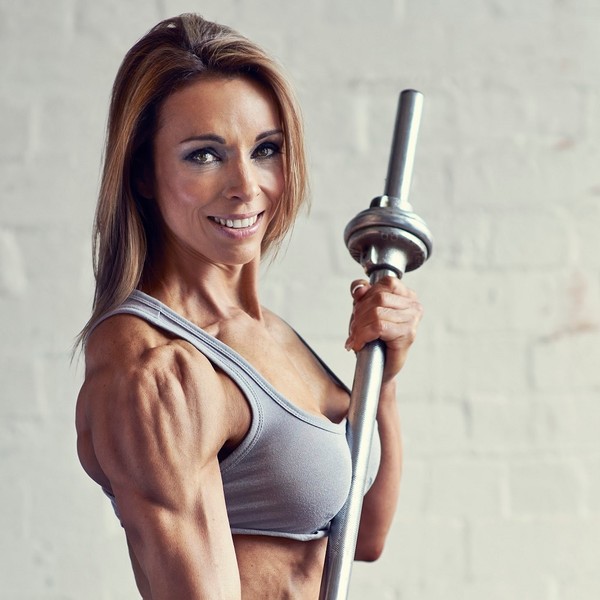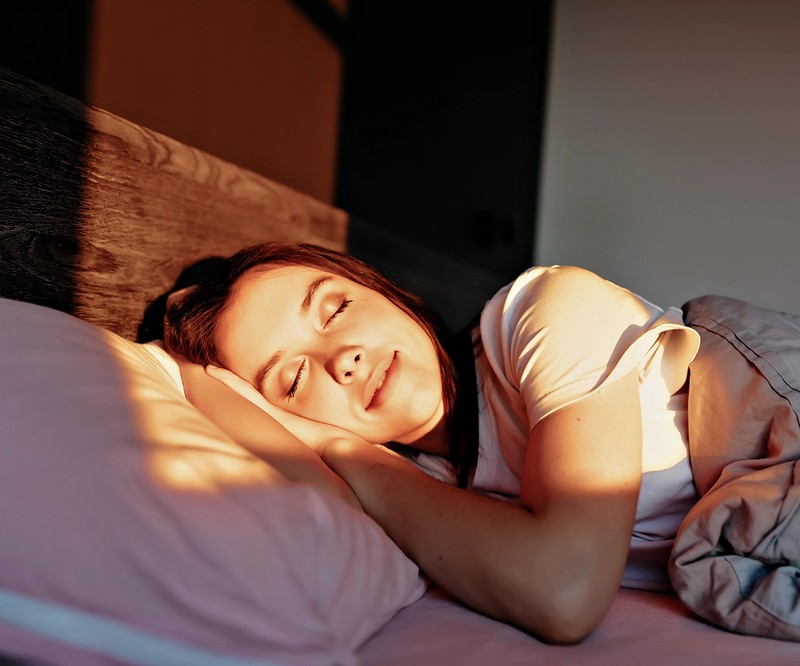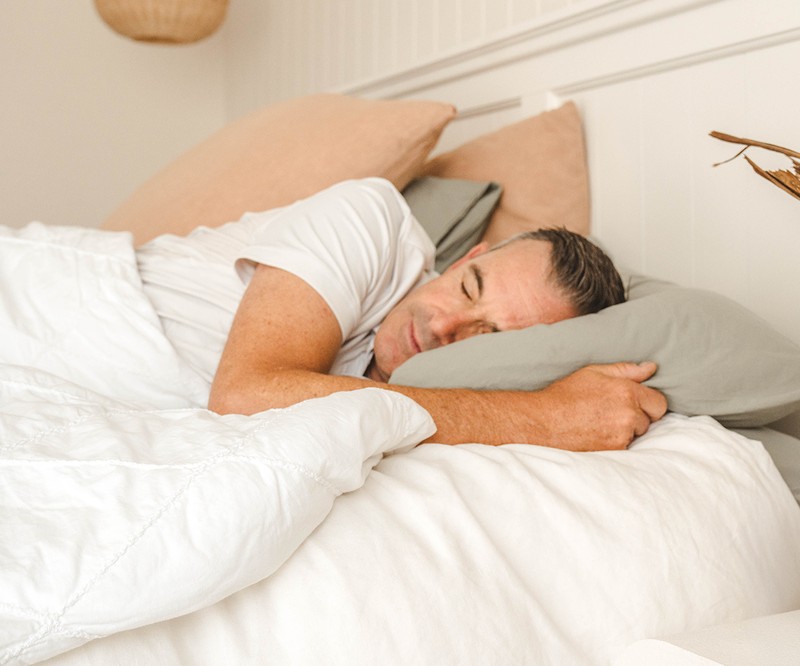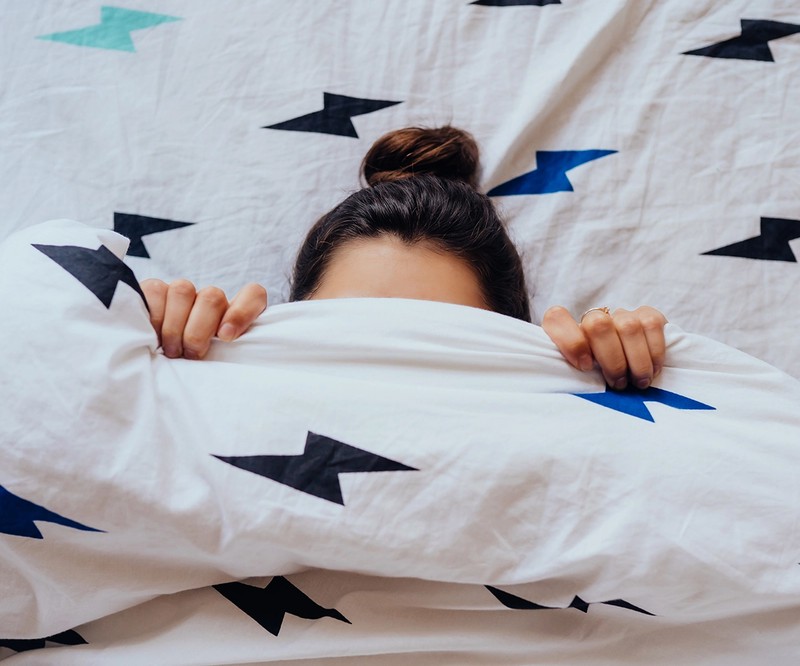Sleep - Are You Getting Enough?

Are you getting enough sleep?
It’s important not to confuse getting sleep with getting rest. Sometimes we lay on the couch, watching TV or scrolling through our social media and think this is restful and makes up for not going to bed early.
Not so! Your body may be in a relaxed state but your mind isn’t. You are still mentally engaged and stimulated and it can leave you more tired than you were initially.
Plan your sleep as you do other parts of your day. A night of good sleep can be prepared for from the moment you wake up.
If you still aren’t convinced that sleep is important consider this – when you are tired your body demands you find energy from somewhere. If you don’t get enough recovery, then it will do all in its power to make you get extra energy from calories. Cue vastly increased cravings and hunger!
Try some of these tips
Consider using a sleeping app
There are quite a few apps out there that can track and monitor your sleep. A great one to try is Sleep Cycle Alarm Clock.
You can set a half-hour window in which the app can wake you and it detects when are you are sleeping at your lightest within that time period. This makes for a more gentle wake up than an alarm going off when you are in a deep sleep.
Looking for a good night's sleep for recovery keep in mind the 90-minute sleep cycle method.
Engage in moderate exercise
Research shows moderate exercise can reduce stress, increase productivity, prolong life and boost your overall health and wellness. Research also shows that regular light exercise is one of the best treatments for people who suffer from exhaustion and fatigue.

Meditate before bed
You are probably sick of hearing this one!
Meditation is touted as the cure-all for almost everything these days, but there is no doubt it has hugely positive effects on those who do it. If you are like me and really struggle with this, I recommend the Headspace app.
This starts you off in much more do-able chunks – just three minutes! And it gives you reminders and encouragement each day.
With stress being the number one cause of people not sleeping well, it is definitely a fantastic place to start.
Use relaxation techniques before bed
Try out deep breathing, progressive muscle relaxation, left nostril breathing or even having a relaxing tea such as Sleepytime Tea.
Use a journal
Surprisingly, research has shown expressing gratitude is known to improve sleep!
So be sure to journal what you are grateful for each night. You can also jot down anything you want to remember for the morning, so your brain isn’t active and trying to remember it all night.

Keep your room cool, quiet and dark
Try to avoid watching TV, use a backlit screen or anything with blue light before bed.
Use lavender
The scent of lavender is relaxing so putting a lavender bag in where you store your bedding or using a lavender spray on your pillow might help.
Avoid napping during the day
Try to avoid napping during the day as it reduces your ability to feel fatigued and sleepy at night.
Keep hydrated
Research has shown that being well hydrated throughout the day can help you to sleep better at night.

Be mindful of stimulants
Avoid using stimulants such as coffee, alcohol or pre workouts in the afternoons or evenings. The cut off time is very individual though – know yourself and your own body.
Keep it consistent
Try maintaining a consistent going to bed and waking up schedule. But if you aren’t getting enough sleep, gradually bring your bedtime forward in small increments until you are.
Consider a supplement
Try using a supplement such as Bulk Nutrients ZMA to help you sleep. Magnesium is great for improving sleep.
View Bulk's full range of Sleep Aids here.
Add some plants to your bedroom
As well as looking great, plants such as Aloe Vera, English Ivy and Snake Plant purify the air and produce oxygen which helps with sleep.
Wear socks to bed for better sleep
This might not be super sexy but research has shown that the warmer your hands and feet are the faster you’ll fall asleep!
Try prioritising sleep and see for yourself the amazing benefits you can receive!
As the Dalai Lama says “Sleep is the best meditation.”
Experiment with snacks before bed
Some sleep better if they have a snack before bed whereas others sleep better if they don’t eat anything for two to three hours before bed.
Experiment with what works best for you! If you are having a snack, make it a carbohydrate one. Research has shown that carbs increase serotonin levels and lower cortisol, both of which help you relax and de-stress.
Try whole foods though rather than refined and processed carbs. Contrary to bro-science, carbs before bed won’t turn into fat! If you are in a calorie deficit, it doesn’t really matter when you have them.

Bridget Freeman is a PNBA Pro Physique World Champion, INBA International Figure Champion, National ANB Figure Champion, Qualified Precision Nutrition Coach, and most importantly mum of two.
More about Bridget FreemanReferences:
- Harvard Health. 10 Simple Steps To Help De-Stress - Harvard Health. [online] Available at: 10 Simple Steps To Help De-Stress.
- Andrews, L. How Gratitude Helps You Sleep At Night. [online] Psychology Today. Available at: How Gratitude Helps You Sleep At Night.
- poliquingroup.com. Five Reasons To Eat Carbs At Night | Poliquin Article
- Parker-Pope, T. The Cure For Exhaustion? More Exercise. [online] Well. Available at: The Cure For Exhaustion? More Exercise.
- Sleep Foundation. Surprising Ways Your Hydration Level Can Help Or Hinder Your Sleep - Sleep Foundation. [online] Available at: Surprising Ways Your Hydration Level Can Help Or Hinder Your Sleep.
- The University of Queensland. Debunking 10 Common Nutrition Myths. [online] Available at: https://habs.uq.edu.au/blog/2023/10/debunking-10-common-nutrition-myths
Related Blogs

The Importance of Sleep for Fat Loss and Muscle Growth
Posted by Bulk Nutrients
Estimated reading time: 5 minutes

Optimise Sleep, Reduce Stress, and Rest to Build More Muscle
Posted by Bulk Nutrients
Estimated reading time: 7 minutes

Why Are We Struggling to Sleep in the Modern World?
Posted by Bulk Nutrients
Estimated reading time: 6 minutes













































